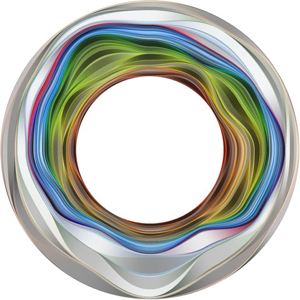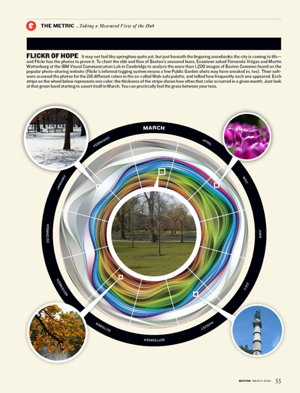I’ve made a few allusions to my next book in my presentations, and even posted a picture of the draft here. Now that it is official I’d like to be a bit more specific.
The Atlas of New Librarianship will be published in Spring 2011 by MIT Press and is co-published by ACRL. The Atlas is a thorough discussion of librarianship developed around the concept of “participatory librarianship.” The central concepts of participatory librarianship have not changed – that conversation and knowledge are core to all that librarians do. However, while you will read a great deal about participation, you will not see many specific references to “participatory librarianship.” This is intentional.
While modifiers and titles are useful in gaining attention, the ultimate success of any idea is the loss of a modifier. “Virtual reference” becomes simply “reference” when the ideas put forth are widely incorporated throughout practice. “Digital libraries” are quickly becoming simply “libraries” as they become integrated into the larger organizations and collections of a library. So too must participatory librarianship, if it is to be successful, become part of the overall concept of librarianship.
The library field is searching for solid footing in an increasingly fragmented information environment. As technology changes, budgets shrink, and use demographics fluctuate what can help guide librarians to continued relevancy and success? The answer must go beyond Web 2.0, or technological landmarks and provide a fundamental and durable foundation for the field. What is the role of a librarian in a space with no collections – or walls? How do we prepare the next generation of librarians? The Atlas seeks to answer these questions.
The Atlas represents a new understanding of librarianship based on work with organizations such as the American Library Association, OCLC, The U.S. Department of Justice Law Libraries, the Free Library of Philadelphia, and the State Library of Illinois. It is founded on the basic concept that knowledge is created through conversation; libraries being in the knowledge business are therefore in the conversation business. This concept, grounded in theory, leads to a new mission for librarians:
The mission of librarians is to improve society through facilitating knowledge creation in their communities.
This implications, foundations, and application of this mission is discussed and detailed in the Atlas.
Perhaps the easiest way to explain the Atlas is by showing how it can be applied, as I have done in some recent presentations:
Excerpt from Charleston Conference 2009:
Excerpt from Pennsylvania District Library Keynote:
In addition to a full-color 10″x10″ print version of the book, we are creating an online companion site to foster ongoing conversations around the foundations of librarianship. More details on that to come.
A special thanks to all of those instrumental in writing this including Buffy Hamilton, Megan Oakleaf, Scott Nicholson, Jill Hurst-Wahl, Michael Luther, Todd Marshall, Angela Usha Ramnarine-Rieks, Heather Margaret Highfield, Jessica R. O’Toole, and Xiaoou Cheng and so many many more. Also thanks to all my early reviewers who gave me great feedback.


